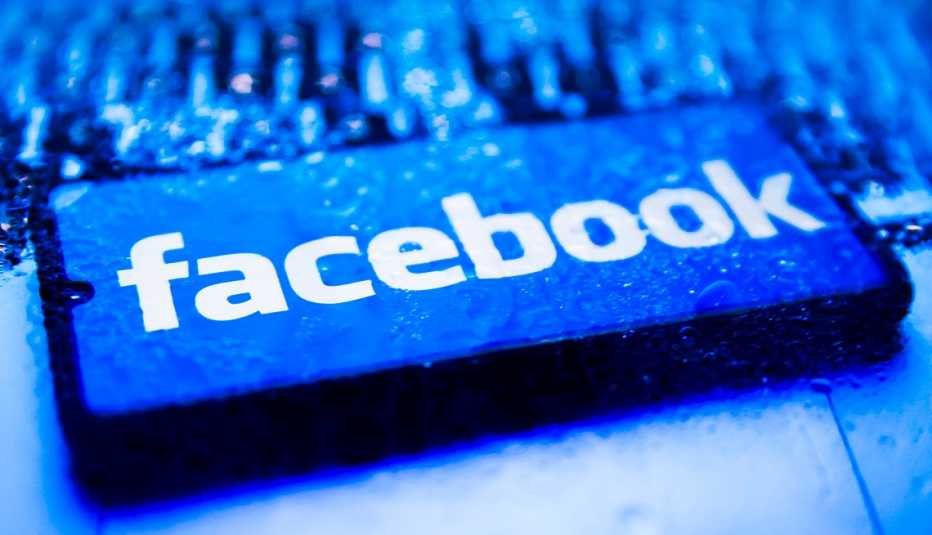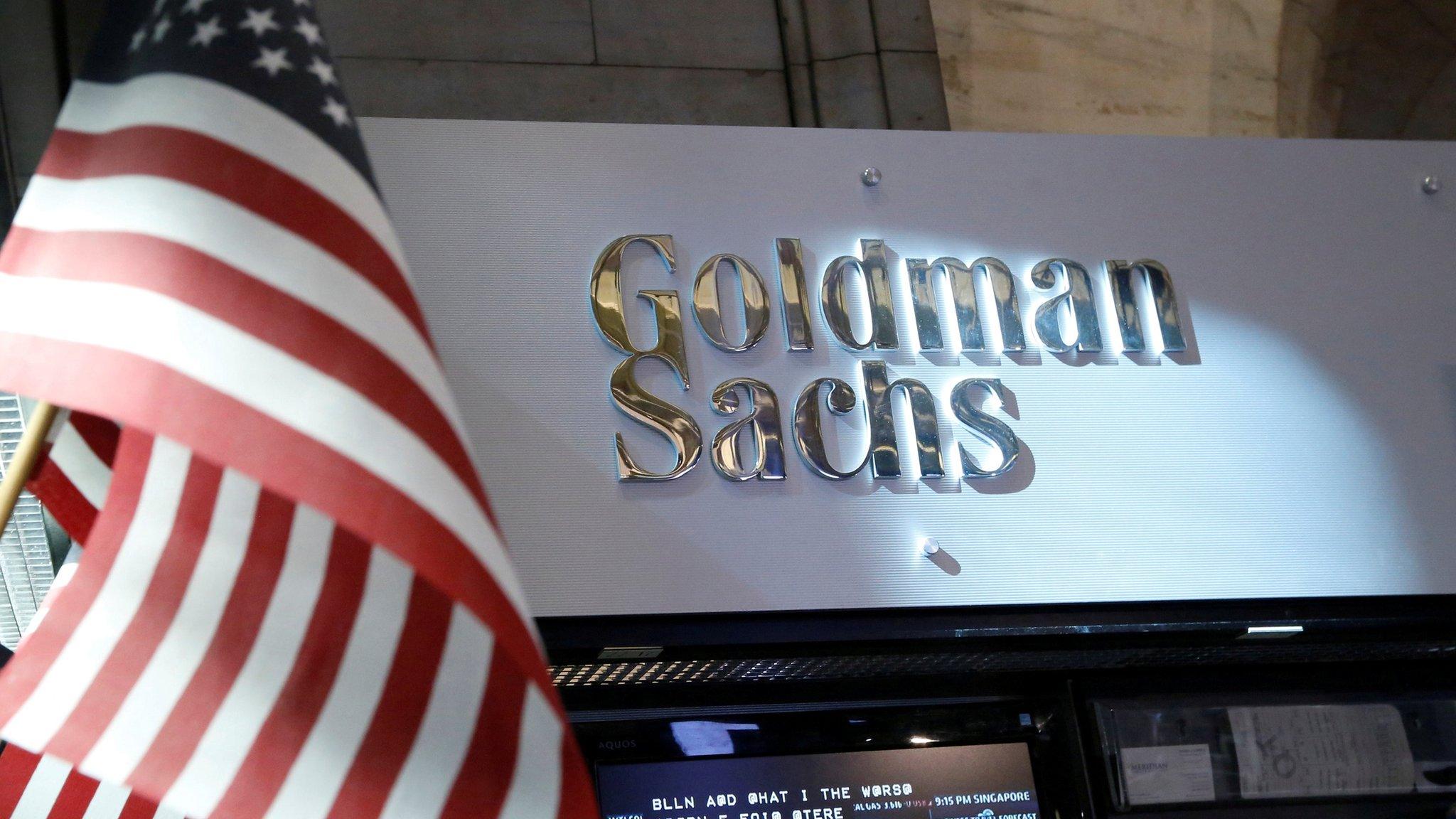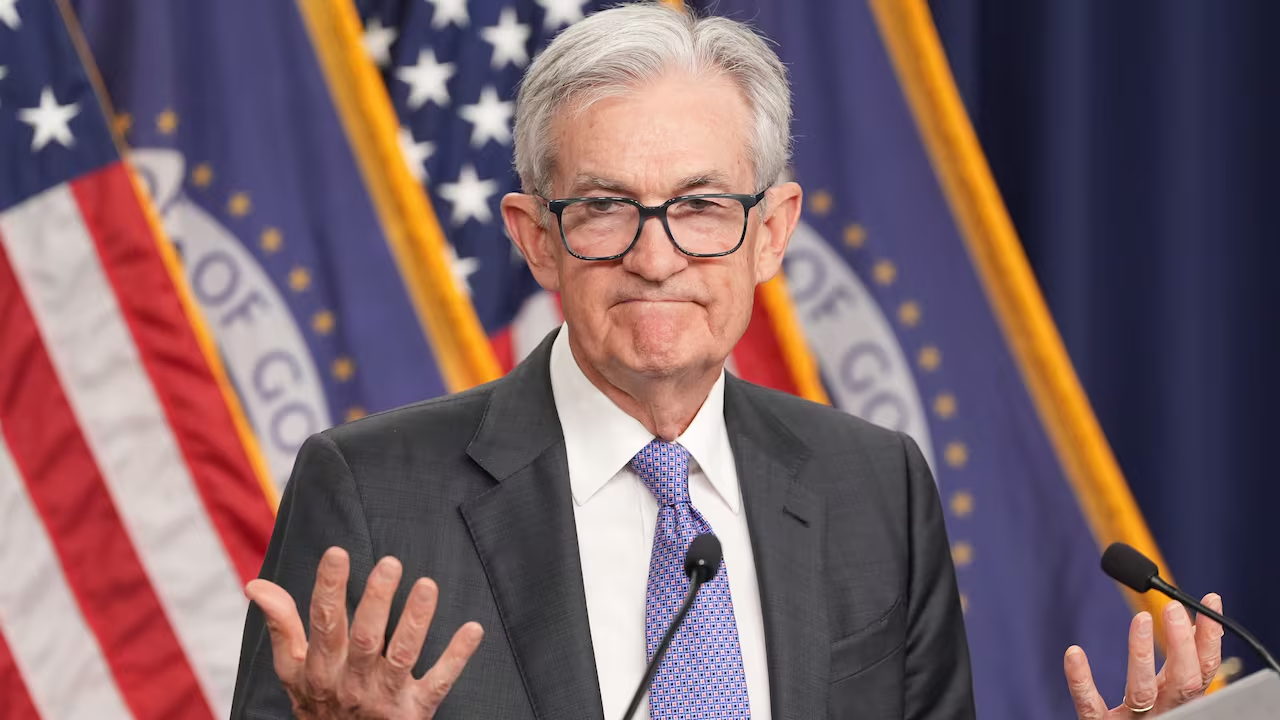Many Americans have started receiving payments from Facebook due to the consumer privacy and user profile litigation lawsuit.
In May 2025, Meta Platforms Inc., the parent company of Facebook, began distributing payments to millions of U.S. users as part of a historic $725 million class-action settlement. This settlement resolved allegations that Facebook improperly shared user data with third parties, including advertisers and data brokers, without adequate consent.
Background of the Facebook Consumer Privacy and User Profile Litigation Lawsuit
The litigation traces back to the 2018 Cambridge Analytica scandal, where it was revealed that the political consulting firm harvested personal data from up to 87 million Facebook users to influence voter behavior. This breach of trust led to widespread public outcry and prompted multiple lawsuits accusing Facebook of violating user privacy rights. The class-action case, titled In re Facebook, Inc., Consumer Privacy User Profile Litigation, consolidated these claims into a single legal action.
In October 2023, U.S. District Judge Vince Chhabria granted final approval for the $725 million settlement, marking it as the largest recovery ever achieved in a data privacy class action and the most Facebook has ever paid to resolve a private class action. The settlement was further upheld by the Ninth U.S. Circuit Court of Appeals in February 2025.
Settlement Details and Payment Distribution
The settlement was designed to compensate U.S. Facebook users who had accounts between May 24, 2007, and December 22, 2022. Approximately 29 million claims were submitted, with about 18 million validated. Eligible claimants could receive payments ranging from $4.89 to $38.36, depending on the duration of their Facebook usage during the specified period. The average payout was approximately $29.43.
Payments began in September 2025 and were distributed over a 10-week period. Recipients were notified via email from the settlement administrator, “Facebook User Privacy Settlement Administrator,” and payments were issued through various methods, including PayPal, Venmo, direct deposit, or prepaid cards, based on the preferences indicated by claimants. The funds were sent from an account labeled “Facebook Consumer Privacy User Profile Litigation Settlement.”
Meta’s Position and Public Response
While Meta agreed to the settlement, it did not admit to any wrongdoing. The company emphasized that the settlement was a means to resolve the litigation efficiently and avoid prolonged legal proceedings. Despite the settlement, Meta continued to face criticism over its data privacy practices. Some users and privacy advocates argued that the compensation was insufficient given the scale of the data misuse and the potential long-term impacts on user privacy.
Broader Implications for Consumer Privacy and User Profile Litigation
The Facebook settlement has set a significant precedent in the realm of consumer data protection. It underscores the growing accountability of tech companies regarding user privacy and the importance of transparent data handling practices. Legal experts view this settlement as a benchmark for future data privacy litigations, highlighting the need for companies to implement robust data protection measures and obtain explicit user consent before sharing personal information.




